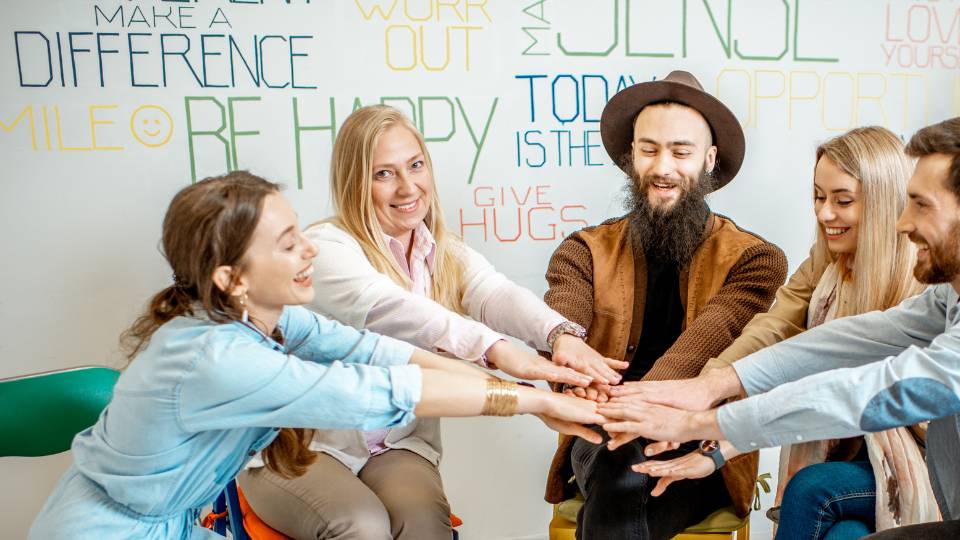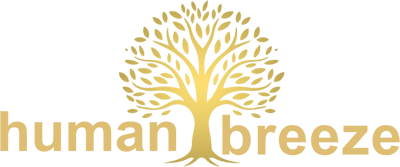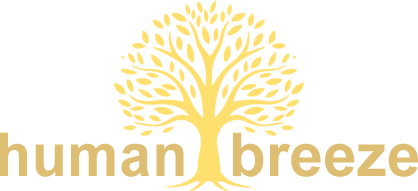From Aristotle to AI How to Empower your Team with Psychological Safety and Timeless Wisdom
From Aristotle to AI How to Empower your Team with Psychological Safety and Timeless Wisdom

According to Google’s Project Aristotle, the single most crucial factor in high-performing teams isn’t individual talent – it’s psychological safety. Are you struggling with siloed communication, fear of failure, or a lack of creative risk-taking in your team? If so, you’re not alone. These issues are increasingly common, especially as AI continues to transform the workplace.
However, there’s a powerful way to address these challenges. By focusing on psychological safety, cultivating positive mindsets, and harnessing the brain’s adaptability, you can empower your team to thrive. Discover how tapping into Google’s findings, age-old Stoic wisdom, and the latest in positive psychology and neuroplasticity can guide you towards a more collaborative, innovative, and successful workplace.
Google Found It: The Key to High-Performing Teams

Google Found It: The Key to High-Performing Teams
Google’s Project Aristotle, a comprehensive study on team performance, underscored the paramount importance of psychological safety.
Analyzing over 180 teams, Google found that those with high levels of psychological safety outperformed their counterparts, demonstrating enhanced effectiveness, collaboration, and employee satisfaction. This groundbreaking research highlighted that the teams where members felt safe to take risks and be vulnerable outpaced others in terms of creativity, productivity, and success—making psychological safety not just a nice-to-have, but a crucial factor in team dynamics and performance.
Psychological safety, a term coined by Harvard Business School professor Amy Edmondson, refers to the belief that one will not be punished or humiliated for speaking up with ideas, questions, concerns, or mistakes. It’s the bedrock of a team’s emotional climate, enabling open communication, creativity, and risk-taking without fear of negative repercussions
For instance, consider a software development team where members feel safe to report bugs or suggest improvements without fear of blame or reprimand. This culture not only fosters innovation but also accelerates problem-solving and learning.
The AI Challenge (And Opportunity)

The AI Challenge (And Opportunity)
The rise of AI in the workplace understandably provokes anxiety. Concerns about job displacement, losing control over decision-making, and feeling outpaced by technological change are more than legitimate.
It’s in these moments of uncertainty that psychological safety plays a crucial role. When employees feel comfortable voicing concerns, asking for training support, or providing their unique insights into how AI can be integrated effectively, they tackle the AI challenge head-on.
Additionally, a psychologically safe environment supports the very things that make us irreplaceable by AI: our adaptability, capacity for collaboration, and uniquely human problem-solving skills. AI should not be viewed as the enemy, but rather a new tool and a catalyst for transformation. By fostering an open and supportive environment, we empower ourselves to not only survive this period of technological change but truly thrive alongside intelligent machines.
Timeless Wisdom, Modern Solutions

Timeless Wisdom, Modern Solutions
While the Stoics of antiquity never typed a line of code or navigated digital disruption, their insights are remarkably prescient for fostering resilience in today’s AI-enhanced workplaces.
Stoicism teaches the power of focusing on our domain of control—our thoughts, reactions, and actions. This philosophy dovetails elegantly with principles of positive psychology, which emphasizes cultivating a positive mindset and resilience in the face of adversity. Similarly, neuroplasticity — the brain’s ability to rewire and adapt — echoes this sentiment, suggesting that we can train our minds to respond constructively to change and stress.
Epictetus famously remarked:
Men are disturbed not by things but by the view that they take on them
a principle that, when applied within teams, can transform potential stressors, like tight deadlines or tech glitches, into opportunities for growth and innovation.
This Stoic backbone, enriched with the optimism of positive psychology and the adaptability offered by neuroplasticity, creates a robust framework for teams. It encourages open, honest communication, fosters a culture of constructive feedback, and shifts focus from assigning blame to finding solutions collaboratively. In this environment, every team member feels empowered to contribute their best, turning challenges into collective victories.
Three Actionable Tips to Foster Psychological Safety and Team Resilience

Three Actionable Tips to Foster Psychological Safety and Team Resilience
1. From Stoicism: Practice Reflective Listening and Open Communication
Start or end each day with a brief team meeting where members are encouraged to share one thing they’re working on and any obstacles they’re facing. As a leader, practice reflective listening by summarizing their points to ensure understanding and showing empathy. This Stoic practice of reflection and open communication encourages a mindset where challenges are openly discussed without fear, fostering psychological safety and mutual respect.
2. From Positive Psychology: Cultivate a Strengths-Based Culture
Organize regular workshops or sessions where team members can discover and discuss their individual strengths and how these can be leveraged for team success. Positive psychology emphasizes the importance of focusing on strengths rather than weaknesses to boost morale and engagement. By recognizing and utilizing the unique strengths of each team member, leaders can create a more cohesive and motivated team environment, where everyone feels valued and empowered to contribute.
3. Neuroplasticity in Action: Foster a Culture of Growth and Flexibility
Launch a “Growth Zone” by allocating weekly slots for team members to dive into new skills or tackle projects beyond their normal scope—think online courses, departmental cross-training, or quickfire innovation challenges. Leveraging neuroplasticity, which highlights our brain’s knack for building new connections, this strategy not only keeps your team agile and ahead of the curve but also cements a culture of experimentation, learning from errors, and personal growth.
Tired of Quick Fixes? Discover Sustainable Psychological Safety

Tired of Quick Fixes? Discover Sustainable Psychological Safety
In an era where team dynamics are increasingly complex and the pace of innovation is relentless, fostering an environment of psychological safety is not just beneficial; it’s essential for thriving. As we’ve explored, integrating principles from Stoicism, Positive Psychology, and Neuroplasticity provides a solid foundation for cultivating an environment where every team member feels empowered to contribute, innovate, and grow.
Ready to transform your team? At Human Breeze, we go beyond buzzwords and surface-level fixes. Our deep understanding of Stoicism, Positive Psychology, and Neuroplasticity means we offer solutions that work.
We invite you to join the conversation. How are you fostering psychological safety in your teams? What challenges have you faced, and what strategies have proven effective? Share your experiences and insights, and let’s explore together how we can build more inclusive, innovative, and resilient workplaces.

Let’s talk about your project
Embrace Change with Wisdom. In a world of constant change, let’s cultivate the human-centric skills your teams need to excel. Adaptability, resilience, and innovation are fueled by psychological safety and human connection.
We deliver training and coaching solutions that combine the power of science with ancient wisdom for extraordinary results. Let’s transform your workplace into one where people don’t want to leave, and competitors can’t copy.

